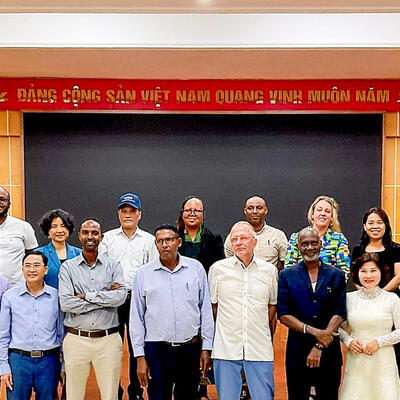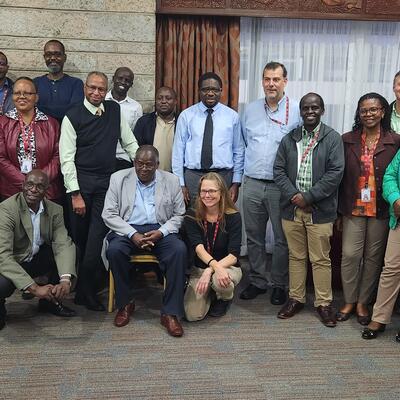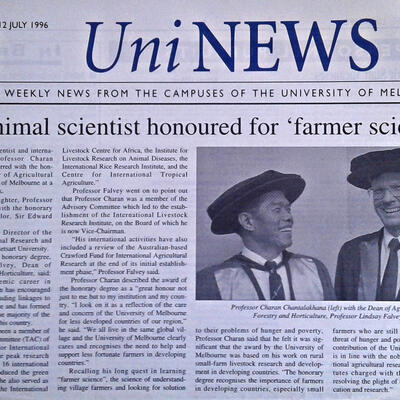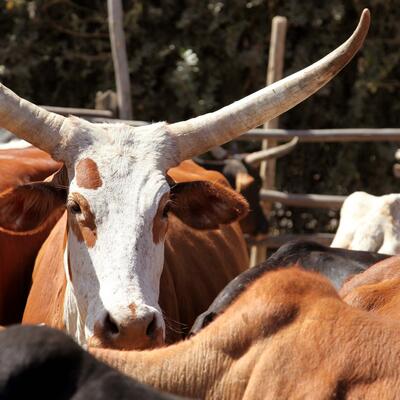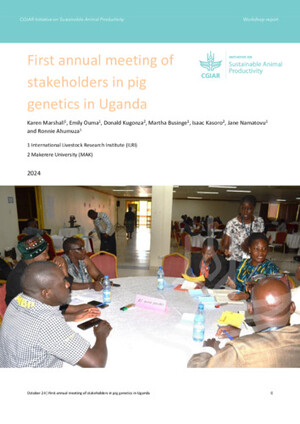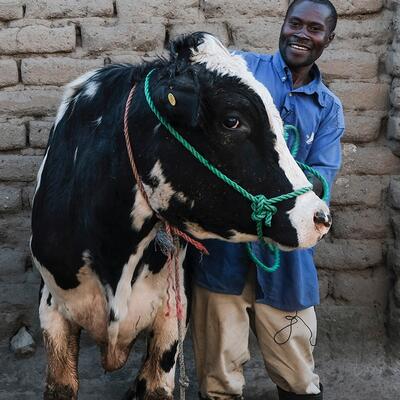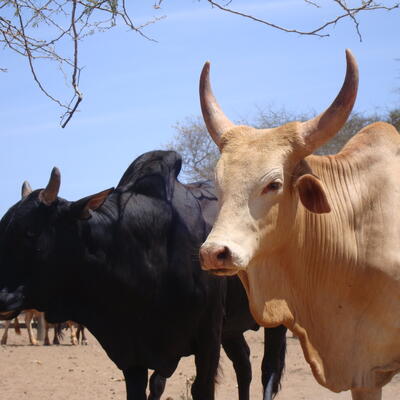

Unlocking the power of the genome: A leap towards enhanced food nutrition security and species conservation
Recent advancements have made studying genes more accessible and cost-effective. This progress opens doors to innovative ways to improve farming, and safeguard our health and the environment. On 14 March 2024, a two-day workshop in Nairobi, hosted by F&S Scientific, Illumina, and the International Livestock Research Institute (ILRI), brought together experts in a crucial exchange of ideas to resolve regional challenges in addressing food, health, and nature conservation.
In his opening remarks, Appolinaire Djikeng pointed out the importance of collaborations between innovators and the scientific community, ‘When you have innovative companies with new technologies, it is important for the scientific community to provide feedback to improve innovations as the companies go forward.’
Emphasizing on the interconnections of our health and the environment, Andre Eggen, Agrigenomics Global Manager said:
‘If we want to improve human health, we need to ensure that the ecosystems we live in are kept healthy using One Health approaches and genomics can help us understand what is changing in the ecosystem.’
The workshop stressed the need to break down barriers in research and development, encouraging a holistic approach to solve complex issues. The principal secretary of the Kenya Ministry of Livestock and Agriculture, Jonathan Mweke noted the timeliness of the workshop as it aligned with national efforts to enhance livestock quality.
‘Bringing together thought leaders and partnerships at this crucial time supports our mission to improve breeds, impacting various sectors like meat and leather, essential for both local and international markets,’ he remarked.
While genomics offers powerful tools for addressing various challenges, the event acknowledged that it is part of a broader set of strategies. This includes efforts like the International Society for Animal Genetics (ISAG) work on understanding animal genetic resources, which will be crucial for long-term success.
Rushabh Shah, CEO of F&S Scientific in Nairobi shared, ‘At F&S Scientific, we are deeply committed to leveraging our expertise and technologies to contribute towards transformative discussions and actions in such workshops’.
He added, ‘We believe in the power of collaboration to unlock the potential of genomics, driving innovations and solutions that resonate with the needs of the region and our goal is to be catalysts for change to support public health and stimulate economic growth.’
Snapshot of genomics at ILRI
Genomic surveillance plays a crucial role at ILRI in the study of both
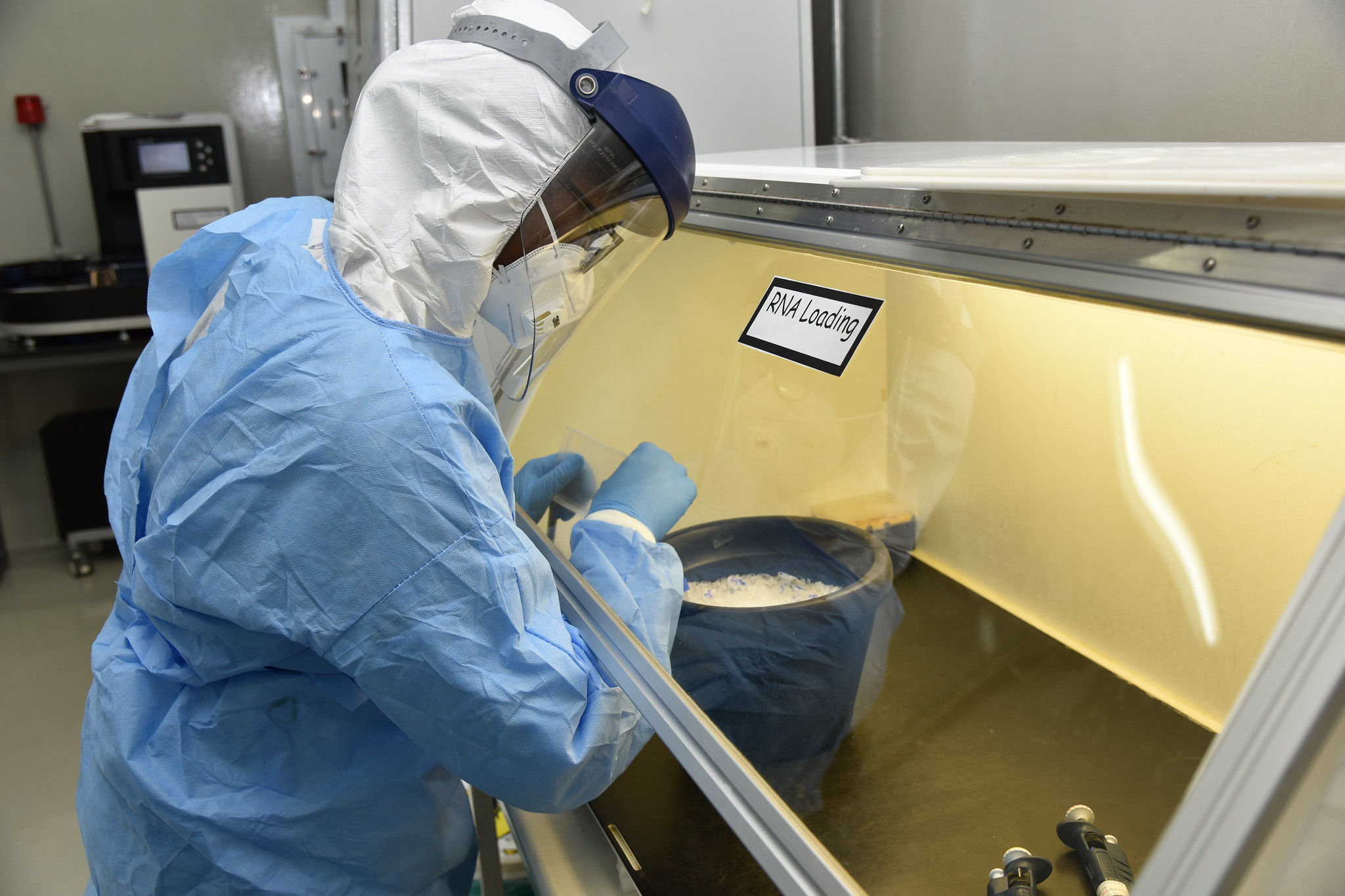
emerging and re-emerging diseases. This technique, which involves sequencing the DNA or RNA of pathogens, allows scientists to explore various questions related to the genetic relationships among viruses and to identify mutations within their genomes. Such mutations may increase the pathogen's ability to cause disease (virulence).
ILRI has conducted numerous studies in this area, from identifying the presence of resistant genes aiding in global public health challenges such as antimicrobial resistance, to identifying pathogens from wildlife-livestock interfaces.

Notably, genomics has supported surveillance of Rift Valley fever virus—a zoonotic virus that has shown significant evolution in Africa. This evolution has been influenced by environmental changes, including variations in rainfall patterns and climate change. Consequently, understanding these viral evolutionary trends is essential for the development of effective intervention strategies.
During the COVID-19 pandemic, the genomics unit at ILRI supported Kenya's Ministry of Health by identifying and distinguishing between the various strains of the SARS-CoV-2 virus present in the country. This contribution was instrumental in enhancing the understanding of the virus's spread and mutation, aiding in the formulation of targeted public health responses.
The Nairobi workshop has shed light on the powerful role of genomics in tackling essential issues in food security, health, and environmental protection. By encouraging cross-sector collaboration and embracing new technologies, we can leverage the study of genes to foster a sustainable and prosperous future for Kenya.
Further reading:
Genomics platform at ILRI
Imported SARS-CoV-2 variants of concern drove spread of infections across Kenya during the second year of the pandemic
Genomic surveillance of Rift Valley fever virus: From sequencing to lineage assignment
Watch a report of this event by Citizen TV Kenya
Genomics for cancer treatment:
— Citizen TV Kenya (@citizentvkenya) March 23, 2024
Health experts devise new ways of treating cancer cases
Experts say genomics allows personalized treatment
Njau: Genomics has helped us understand diseases more#CitizenWeekend @VickyRubadiri pic.twitter.com/kjkMHAZVOD
You may also like
Related Publications
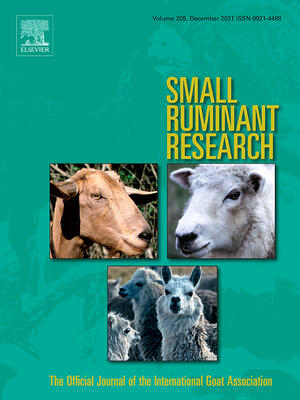
Estimates of genetic parameters and genetic trends for growth traits in Menz sheep under community-based breeding programs
- Besufkad, S.
- Goshme, S.
- Abebe, A.
- Bisrat, A.
- Zewdie, T.
- Demis, C.
- Yitagesu, E.
- Aydefruhim, D.
- Tesema, Z.
- Gizaw, Solomon
- Getachew, Tesfaye
- Rischkowsky, Barbara A.
- Rekik, Mourad
- Belay, Berhanu
- Wurzinger, M.
- Sölkner, J.
- Haile, Aynalem
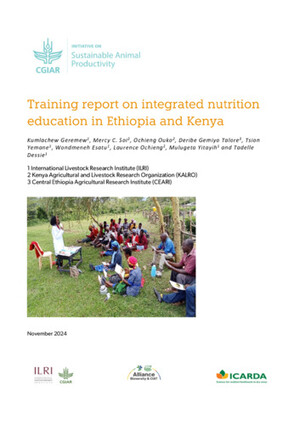
Training report on integrated nutrition education in Ethiopia and Kenya
- Geremew, Kumlachew
- Soi, M.C.
- Ouko, O.
- Talore, D.G.
- Yemane, Tsion
- Esatu, Wondmeneh
- Ochieng, L.
- Yitayih, Mulugeta
- Dessie, Tadelle
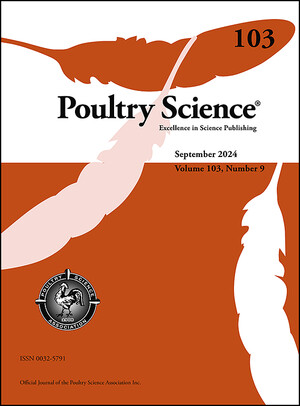
Direct in vitro propagation of avian germ cells from an embryonic gonad biorepository
- Tuanjun Hu
- Purdy, P.H.
- Blank, M.H.
- Muhonja, Christine Kamidi
- Pereira, R.J.G.
- Tiambo, Christian K.
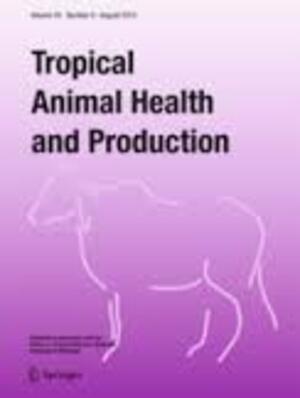
Estimates of genetic parameters for growth traits in Dorper crossbred sheep population
- Besufkad, S.
- Goshme, S.
- Abebe, A.
- Bisrat, A.
- Getachew, Tesfaye
- Zewdie, T.
- Lemma, S.
- Areaya, A.
- Gizaw, Solomon





